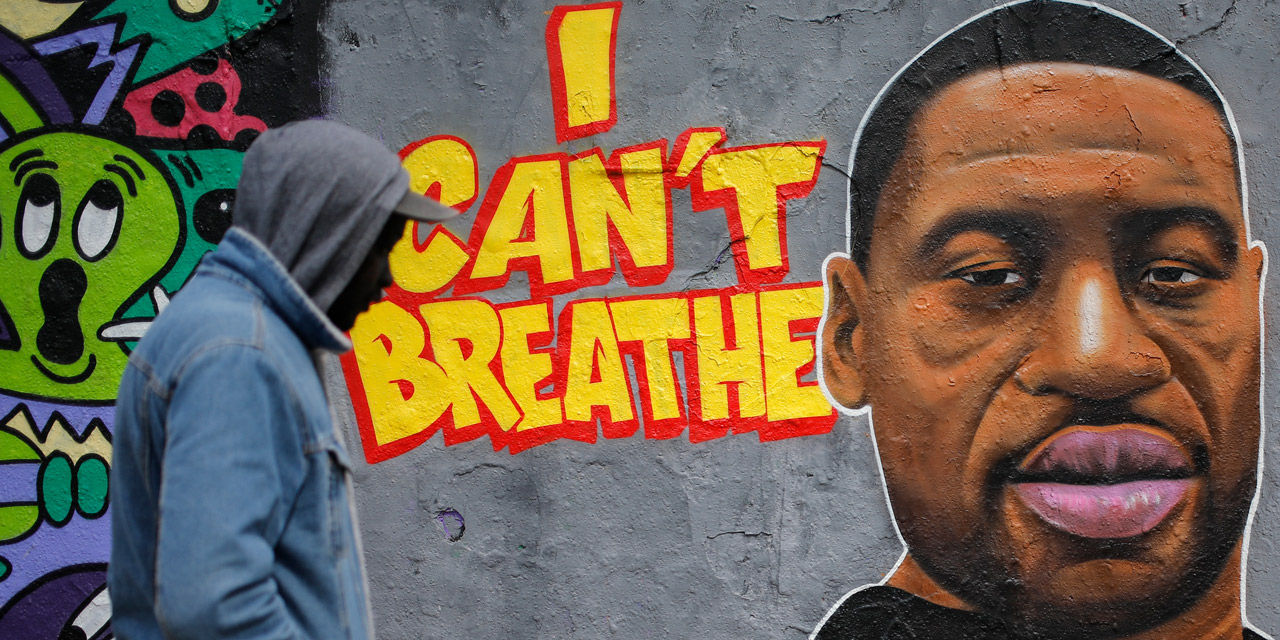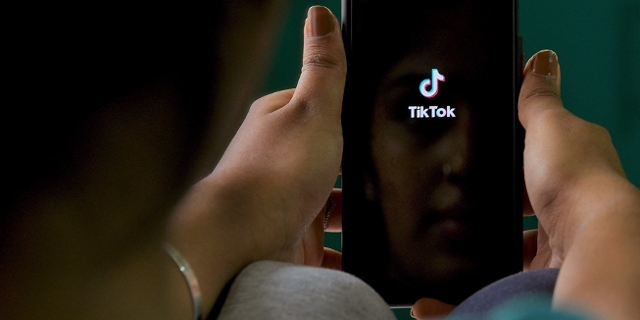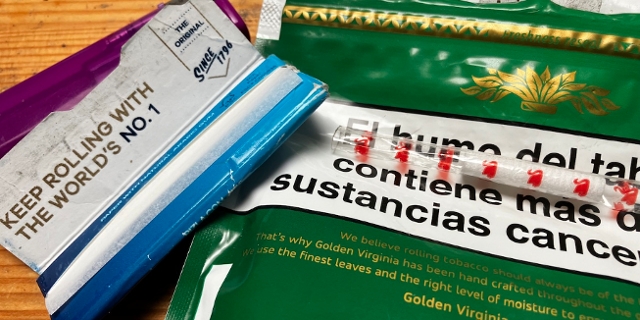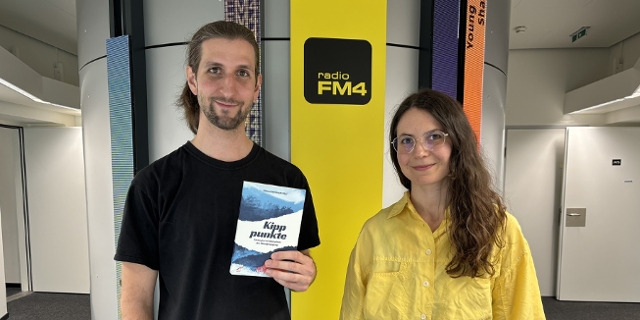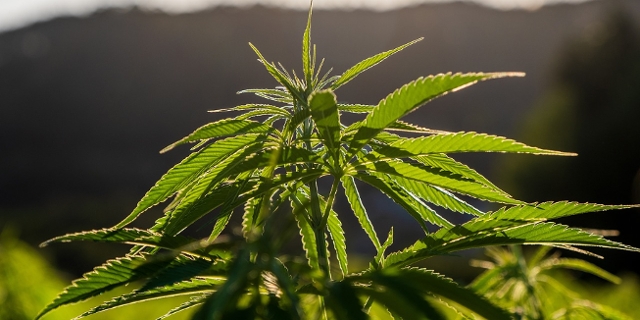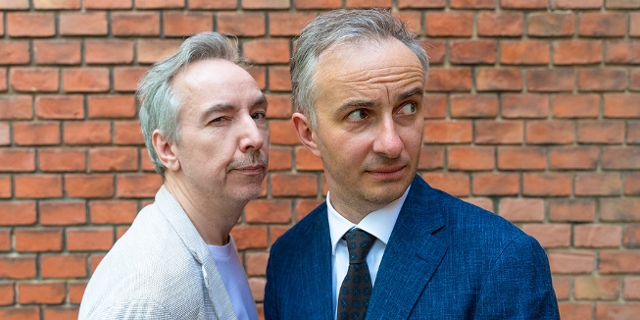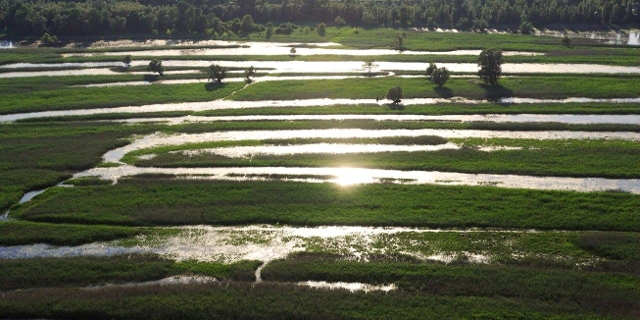On the Murder of George Floyd, Horror Stories and The American Folk Tale
While much of the world salivated over The Twin Cities eruption into violence and grief, after yet another black life was taken at the hands of a white police officer; this Black American chose to not deal with George Floyd’s murder by curling up into the comfort of a blanket and turning on „American Horror Story: Roanoke“ instead. Now to be clear, I don’t normally watch the show, nor am I that into Netflix. (I consider myself a “Criterion and chill” kind of girl). I also am not a person who shies away from confronting social injustice. I do, however, love a historical mystery. And the true story of Roanoke, is a great one.
Aside from that, I have also become traumatized by the repetitive pain of seeing black bodies twisted in death as a result of white fear; not to mention become bored by the cyclical response of outrage, concern, surprise and eventual apathy whenever this violence happens. I’m also generally stressed out by experiencing that familiar black people burden which happens every time racial violence occurs in America, and random people expect me to get „social media fired up“, comment, and answer any and all questions that may be thrown my way. Which is pointless. Because in reality, if you’re surprised by George Floyd’s murder, then you haven’t been paying attention.
But back to my wild wild evening on the couch which consisted of clutching some Haribo while shamefully watching two episodes of this crap reinterpretation of one of my favorite unsolved American mysteries. At the time, I wasn’t aware of the underlying reasons for this spontaneous desire to watch anything having to do with the Roanoke story.
In retrospect, I guess that I was attempting to distract myself from the latest horrific example of White Fear’s influence on American violence; by watching a fictionalized account about one of the roots of that white fear glossed up in a celebrity packed violent (American) horror series. Needless to say this tactic of distraction did not work. And no matter how long I live away from The United States, my American self cannot seem to escape the simple fact that violence intrigues me. I don’t believe in the death penalty; I abhor the glamorization of guns. But still, I consume horror. It’s maybe the only lasting ancestral tie that I, as an African American and a relatively recent descendent of slaves (My great great grandparents were slaves and my great grandmother was born into slavery), have. It tethers all Americans; black, white, or otherwise to our collective, stolen fatherland (The United States, as a union was formed as a patriarchal entity, and thus I choose the term fatherland here instead of the more common motherland).
The story of Roanoke
For those of you reading this who don’t know the story of Roanoke, then here goes a very short account. Roanoke colony was supposed to be the first British settlement in The New World. The first settlement but the second attempt. So basically the entire idea was cursed from inception (much like The United States in general). John White, under the direction of Sir Walter Raleigh, was given permission by Queen Elizabeth I, to attempt to set up a second settlement with approximately 120 English citizens. These poor people really didn’t know what they were getting into, and everyone was fooled by Sir Walter’s ridiculous tales of a land with gold for the taking, and „savages“ waiting to be subdued and colonized (The man was actually looking for El Dorado.)
Long story short, in 1587 the settlers arrived and were completely unprepared for the landscape, the vegetation, and the native populations that already lived there. They settled on an island (Roanoke Island) off the coast of what is now known as Virginia (named so by Sir Walter Raleigh) and quickly learned that they could not support themselves through winter. John White sailed back to England in an attempt to gather help and more supplies, and for a variety of reasons and bad luck didn’t make it back to Roanoke Island. When he did make it back years later, he found the entire community had disappeared. But there seemed to be no indication of a forced abandonment; rather all of the houses had been neatly taken down and stacked, there were no signs of violence, and all that was left carved into the earth was the word CROATAN; which was the name of another island and Native American tribe. Despite this clue, none of the settlers were ever found. Over the years many archaeological excavations have taken place at the site, and a lot of theories have emerged. The most prominent theory is that the settlers were either killed by local indigenous tribes, those that weren’t starved, and those that didn’t die were absorbed into the tribes that eventually overpowered them. Whatever happened, the event scared white America enough for it to have become one of the most popular tales in the history of European settlement in The United States.
George Floyd was real, not just a hashtag
Over 400 years later, in 1974, George Floyd, the man brutally murdered by police last week, was born. I hesitate here, because while I never knew him, I think it’s important that I at least attempt to restore humanity to this man who has both transcended and been diluted into a hashtag within a week. George Floyd was real. He had a beautiful broad face that sometimes sported thick glasses, and the pictures that I see of him produce a slightly paternal air. He looks like a father that never abandoned his commitment to dressing fly, but would still get super cute the minute you placed a baby into his arms. And in fact, he was, himself, the father to a 6 year old girl. Some who knew him nicknamed him the „Gentle Giant“. People recall him doing silly dances to make others laugh. I grew up in a family of tall gentle black men who loved to dance and laugh; so on an emotional level, I can imagine his demeanor.
I’m always a bit taken aback (but again not surprised) when the first question that I get from white people upon discussing a black person who has been murdered by the police is “What did he do?”; as though people being murdered by the police is ever deserved or legit. To be clear, this is normally not the first question another black person will pose to me whenever this topic arises. I also find this interesting, since here in Europe, most people would claim to condemn the death penalty. So if we don’t believe in murder by the state after a full legal process; when do we ever accept manslaughter in the heat of the moment on a sidewalk committed by an officer of the law? But Roanoke showed us long ago that what white American supremacy fears the most, is white „erasure“; the disappearance of their presence and dominance. That fear is bigger than any individual or their story or their humanity.
White American Fear is the shadow that bates at the heels of the country’s evolution. White American fear is born out of Europe’s blind necessity to validate its hostile and morally unjustifiable looting and subjugation of almost every other continent on the planet. It accompanied every slave ship, every mining excavation, every imperialist mission that set forth across our world. Even the original decree that was delivered by Queen Elizabeth I to Sir Walter Raleigh, in regards to his quest for The New World stated that he should "discover, search, find out, and view such remote heathen and barbarous Lands, Countries, and territories ... to have, hold, occupy, and enjoy.” AKA, take what you want and burn the rest.
White „erasure“ is what white American supremacy fears the most
Nothing can be more frightening than the fear that your culture and identity might be violently swallowed up and dissolved within a country that was never really yours to begin with. In an entire structure formed upon theft, right and wrong become distant ends on a pervasive spectrum that is impenetrably long and enmeshed. Who owns what, if everything was stolen to begin with?
The entire situation is like a Robin Hood predicament. Except, whereas Americans love the Disney rendition of the charming underdog thief (who to be honest, was cast as a fuzzy cute fox with a british accent, so I get it ) who attempts to rise up and take back from the tyrannical ruling class; America hates when black people do the same.
Because in America, white people are the Prince John’s and black people are the Robin Hood’s just trying to make the best out of their limited circumstances, who sometimes need to resort to theft in order to survive (because...wealth disparity) but really we’d all just rather be chilling and listening to music with our friends (Little John and The Merrymen) because The Swag is just so real, that it even makes the fair Maid Marion get caught up and take notice.
Okay, that entire section was extremely hyperbolic, but hopefully somehow, you get the point.
What should be more terrifying to white people than the thought of white erasure? The American identity was formed around this fear. There is no boogeyman under the bed, only a 6’6 black man (which George Floyd was) who may be coming back to seek revenge centuries later and might steal your white Maid Marion while doing so. And then what follows in this sick and fantastical fear, is a basic and base progression that goes something like: “White men get killed. No more white men. White women sleep with black men. No more white babies. No white babies, no more white people.” Only murky legends and archaelogical digs in search of a community who once existed, but ultimately lost the evolutionary race, and were possibly absorbed into the more dominant surrounding culture.
The only explanation
This irrational fear can be the only reason for perceiving a person running away from you as a threat, thus giving you a seemingly justifiable reason to shoot them in the back. This tormenting ancestral fear can be the only reason a white police officer can feel threatened enough by an unarmed and handcuffed black man to slowly steal the breath out of his body by clamping his neck beneath the force of his knee, and then claiming this to have been done as an act of self-defense.
And what is whiteness then? Surely this was at the center of the question that German physicist Johann Blumenbach must have asked himself when he inadvertently created a Pan-European identity that lasts until this day, by declaring in, 1793 * that there were 5 distinct racial groups . Before that no such notion had existed. So whereas people used to defend religions, and empires (which we still do); he gave Europeans, especially those Europeans living abroad in looted lands with stolen people, a united identity and framework within which to defend themselves. This is important. Because whiteness was created as a collective identity by white people themselves. It was never aggressively hoisted upon them by outsiders such as white people have done to others over the centuries with terms such as „nigger“ and „Indian“ (In reference to indigenous communities in The United States).
Defense of the existence and legitimacy of whiteness, and the need to protect this murky system at all costs gave birth to a monstrous and intangible fear. These violent acts perpetrated by the police against the black community are not based upon a concrete and real threat. The fear is existential. And the fact that outbursts of this irrational fear can be considered as an act of self-defense is a reality that sits in all of our ancestral minds, whether we like it or not.
The internet tells us very little about George Floyd, the man, except that his alleged crime at the time of his death was that he tried to pass off a fake 20 dollar bill in a Minneapolis grocery store. This basically amounts to petty thievery and forgery. Petty thievery at a time when thousands of people have lost their jobs due to the global Covid-19 pandemic, in a country that has little security net or resources to deal with the realities of overwhelming poverty. Petty thievery in a country whose first European settlers were people who were desperately trying to find a way out of their own dire economic circumstances, and definitely resorted to stealing to be able to do so. Petty thievery in a country whose mascot may as well be a cowboy, which in American folk legend is basically a thief on horseback who wears high quality leather in states like Texas where they traverse something called „A Range“ and start bar room fights for no understandable reason.
George Floyd’s life represents the truth and legend of America
Which brings me to another fact about the far too short life of George Floyd: he too was born in Texas, much like the cowboy mythology in my mind; making this story all the more tragic and stereotypically American. His life represents America; both the truth and the legend.
He was raised in Houston’s predominately black Third Ward at a time when most of White America expected (still do) and only allowed space for a big black man to grow up to become either an athlete, a rapper, or a threat. He grew up to become all three.
In piecing together more of his biography, I came across an article about how George Floyd once rapped on a few DJ Screw mixtapes. DJ Screw is also a part of Texas mythology, and in fact Hip Hop legend; thus he too falls into the ever growing anthology of uniquely American folk tales and ghost stories that over time evolve from an actual man that once lived, born out of uniquely American circumstances. DJ Screw also had his life cut short by one of the other traps set out for black communities within American society as a result of systematic and centuries deep discrimination at every level: drugs. His drug of choice was the legendary „syrup/sizzurp“; a potent mix of cough syrup and any artificial-as-hell soda that turned the drink into an electric purple. (Moment of confession: I have definitely, when I was much younger and stupider, taken cough syrup recreationally before. And I am writing this not to condone drug use at all, because drinking cough syrup is actually fucked up; I am only saying this to once again illustrate how American taking weird drugs is. Everyone does it. And thus this whole story just gets more and more American by the minute.)
In reading about George Floyd’s former life as a rapper, I tried to find the importance in that passing fact. I tried to find some significance to America, and its identity, as a greater whole. I looked for that space where Black Lives, the disappearance of Roanoke Colony and its lasting unsettling mystery; Hip Hop history, American folk tales and happy go lucky legends of thievery and survival; intersect with White Fear, erasure, and violence. All that I could come up with was this:
George Floyd, came of age in a black neighborhood in Houston, Texas at a time when Hip Hop was quietly starting to influence Americans (particularly black Americans) across the country. Hip Hop, at its root, is a creation born out of the Black American Experience. If it is protest music, it is because to be black and strong is a form of protest in The United States, in and of itself.
George Floyd, out of seemingly normal „came from the same neighborhood with the same interests“ type of circumstances, briefly collaborated with DJ Screw before George moved to Minnesota where he would eventually be murdered on May 25, 2020 by a white police officer. George Floyd moved to Minnesota in an attempt to find better work opportunities and a better life for himself which is basically the story of American Migration.
DJ Screw, the producer that George briefly once worked with, created a subgenre of Hip Hop known as “Chopped and Screwed” which had a sound that somehow musicalized the feeling of being fucked up on „Sizzurp“. Only Americans would create a whole genre of music based around intoxication. And we have. Many times.
DJ Screw would go on to influence another legendary Hip Hop group called Three Six Mafia, whose most well-known hit may be the song “Sippin’ on Some Syrup". Three Six Mafia are sometimes referred to as the inventors of Horror Rap (yet another subgenre). Horror Rap came out of the southern United States, which happens to also be the location of the lost Roanoke Colony; one of the birthplaces of White American Fear. The South, also, historically has been a pretty horrific and violent place to be black in thanks to white people, slavery, and Jim Crow Laws.
Three Six Mafia has songs with lyrics such as the following:
How can you relate to this
Niggas they be hatin’ this
Purple fuckin’ tradin’ man
Barely makin’ dividends
Burn it man, half in
Better known as „assed in"
All I want is money man
Can’t you niggas comprehend?
Lock and fuckin’ load fool
Break the fuckin’ law fool
Ain’t no attitude fool
This is what we came to do
With them bodies in the bag
Put that dope in the bag
Put that money in the bag
Let’s go fool, rat tat
The above is a Hip Hop interpretation of every great country western record ever. Marty Robbins was basically singing about the same things during the 1950s and 60s on all of his epic “Gunfighter Ballad” songs. Gunfighter Ballads are considered to be about as American as one can get.
Horror Rap on the other hand is considered terrifying and bad because it was made by black people, even though it also glamourizes murder, mystery, and mayhem, which are some of the fundamental themes in American folklore. America as an identity, in its contemporary conception, invented our appetite for horror. Behind every tale of adventure and excitement in the supposed ‘discovery’ of The New World, lurks violent death, opportunism, and unnamed fear. So whether it’s Three Six Mafia or a Netflix Series; or another school shooting or a murdered black man; America created it. We created our obsession. We, as Americans, package wrongful death, make it glossy and sexy, then consume it, while continuing to deny its existence and feign confusion when this cycle repeats. And the rest of the world, which is very much a part of the structure that created American horror, reacts in the same way.
So if there is a link to be found between George Floyd’s death, Netflix Series, raiding cowboys, and the history of European expansion; then that link is American violence and its perpetual undercurrent of White Fear. If there was ever to be a soundtrack or a mixtape inspired by the American Post-Colonial Nightmare Syndrome then all of the songs on that compilation would have to be as diverse, NSFW, and complicated as race relationships in The United States are and have been ever since the disappearance of the Roanoke settlers. Because as I mentioned before, if you’re surprised by George Floyd’s murder, then you haven’t been paying attention.

Radio FM4
FM4 Auf Laut am Dienstag, 2. Juni
Rassismus tötet. Was macht Antirassismus?
„I can’t breathe“, sagte George Floyd elf Mal, bevor er – von Polizisten zu Boden gedrückt - am 25. Mai in Minnesota an den Folgen der rassistischer Polizeigewalt stirbt. „I can’t breathe!“ ist der Tenor der empörten Proteste in den USA und weltweit. Fünf Jahre nach der breiten Mobilisierung gegen rassistische Polizeigewalt unter dem Hashtag #blacklivesmatter treten die aktuellen Proteste in einer Zeit von Massenarbeitslosigkeit und großer Unsicherheit auf. Welches Emanzipationspotenzial haben die antirassistischen Proteste? Wohin bewegt sich die amerikanische Gesellschaft? Und was bedeuten die Ereignisse für politischen Antirassismus hierzulande?
FM4 Auf Laut am 2. Juni 2020, von 21 bis 22 Uhr auf Radio FM4 und für 7 Tage im FM4 Player
Im FM4 Studio bei Lukas Tagwerker sind Mugtaba Hamoudah, Organisator der BlackLivesMatter-Kundgebung in Wien am Donnerstag, Adia Trischler und Larry Marshall (Minneapolis).
Mitdiskutieren kannst du unter 0800 226 996.
Publiziert am 31.05.2020







